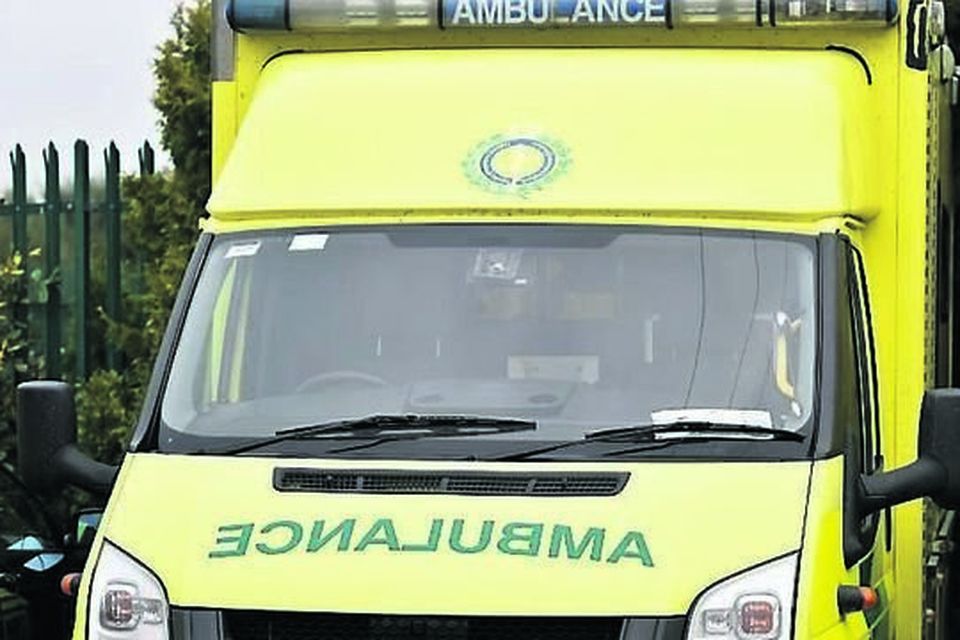Cork Aontú representative says lack of investment in ambulance service putting lives at risk
Cork North West Aontú representative Becky Kealy has said that lack of Government investment in the National Ambulance Service is i putting lives at risk.
Cork North West Aontú representative Becky Kealy has described as ‘terrifying’ the response to a series of Dáil questions aimed at discovering the severity of the crisis affecting Ireland’s Ambulance Service.
According to Ms. Kealy, the Government was ‘allowing the ambulance service to spiral out of control’.
“In 2019, the number of ambulances that were over one hour waiting for handover to hospitals were 15 per cent of the overall patient attendances at hospitals that year.
“By 2022, this had risen to a staggering 34 per cent. Already in 2023, where well over 25 per cent of attendees were waiting over one hour.
“This is paired with a massive increase in response times. In 2019, there was an average 18 minute response time. In 2022, this saw an increase to 31 minutes.
“In one instance, a patient was left waiting 13 hours and 35 minutes for an ambulance in the southern region.”
Read more
Ms. Kealy said this was having what she described as a ‘heart-breaking’ effect as there had been an increase in the number of deaths of those waiting for an ambulance before it reached the scene from 252 in 2019 to 206 in 2022.
“A recent report published by the English Medicine Journal showed that waiting times of five hours or more are linked to a heightened death risk.
“The report found one extra death for every 82 patients delayed between six to eight hours. Government underinvestment in our ambulance service is recklessly putting people’s lives at risk.”
“There is an urgent need for Government intervention to prevent this crisis from spiralling further out of control.
“The Government must invest in better pay and work conditions for Nurses, hospital workers and our national ambulance service.”
The Corkman has highlighted on a number of occasions in the past how the lack of availability of ambulances has led to lengthy waiting times for patients awaiting treatment.

